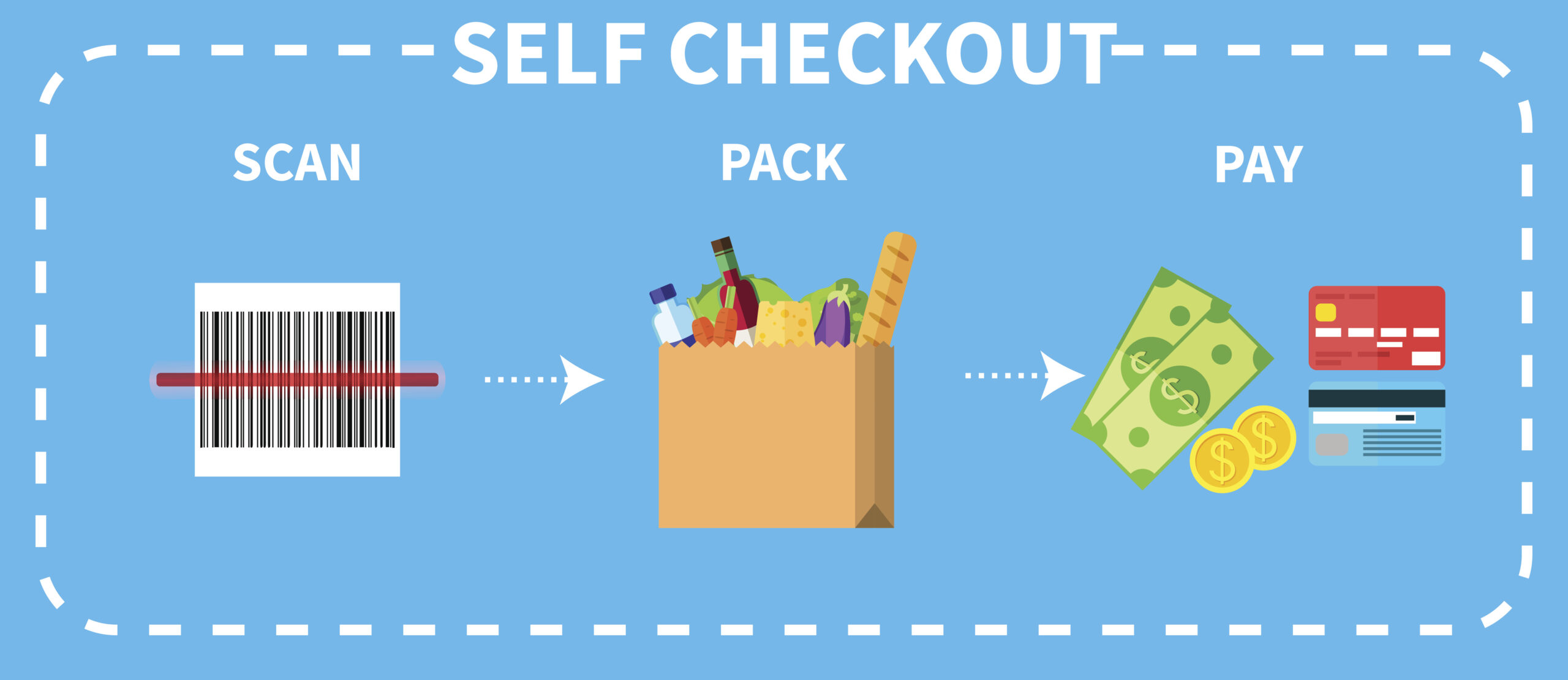Shoppers, eager to get in and get out quickly at the grocery store, are increasingly using automated checkouts to speed through the process but for elderly adults, the experience can be so stressful they avoid shopping altogether.
A recent British survey of seniors found that nearly a quarter of older people are put off by automated checkout terminals finding them intimidating to use and lacking the social interaction they enjoy. Shopping is one of the ways seniors get much-needed contact with others and automated checkout machines rob them of that interaction and can be challenging to use, especially if someone is waiting in line behind you.
Automated checkouts can be frustrating for anyone who may be uncertain how to navigate the screens or search for the proper items among hundreds of options. Seniors who have limited mobility or use a walker may find bagging their own groceries while scanning and searching for produce codes to be overwhelming and avoid the whole experience. And for elderly adults with mild dementia, automated checkouts or bank machines can be confusing, frustrating and frightening. This negative association with shopping can also lead to poor nutrition.
Many seniors who live alone suffer from social isolation, a growing problem among the world’s elderly population. And when shopping for groceries or other necessities becomes impersonal, older adults lose the opportunity to chat with others and feel connected with their community. In the United Kingdom alone, it is estimated that 1.2 million people are chronically lonely.
So many of our daily interactions that once involved talking with others have become automated; banking, delivery services, shopping. We don’t even need to leave our homes for entertainment. Technology can help society run smoother and faster but with all our devices and screens at every turn, are we losing the human touch?






Add Your Voice
0 Comments
Join the Discussion